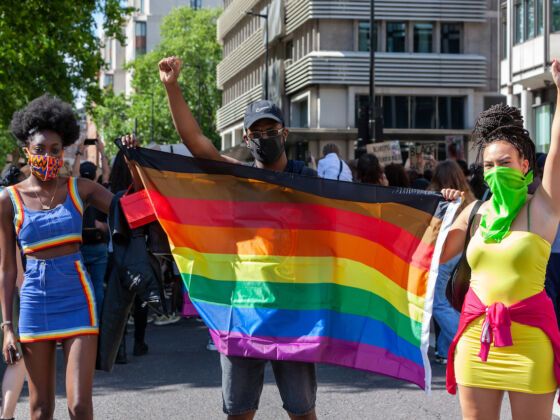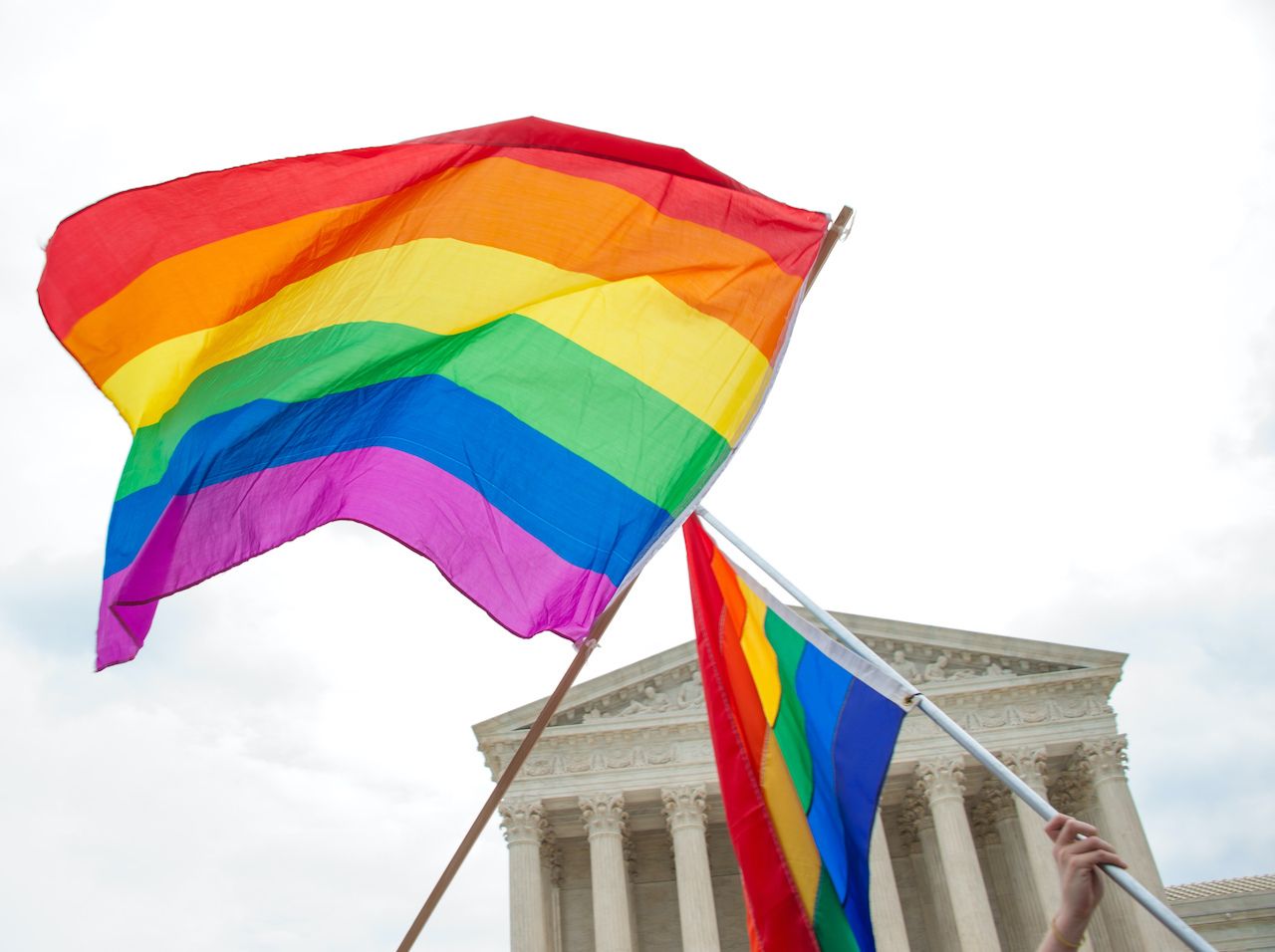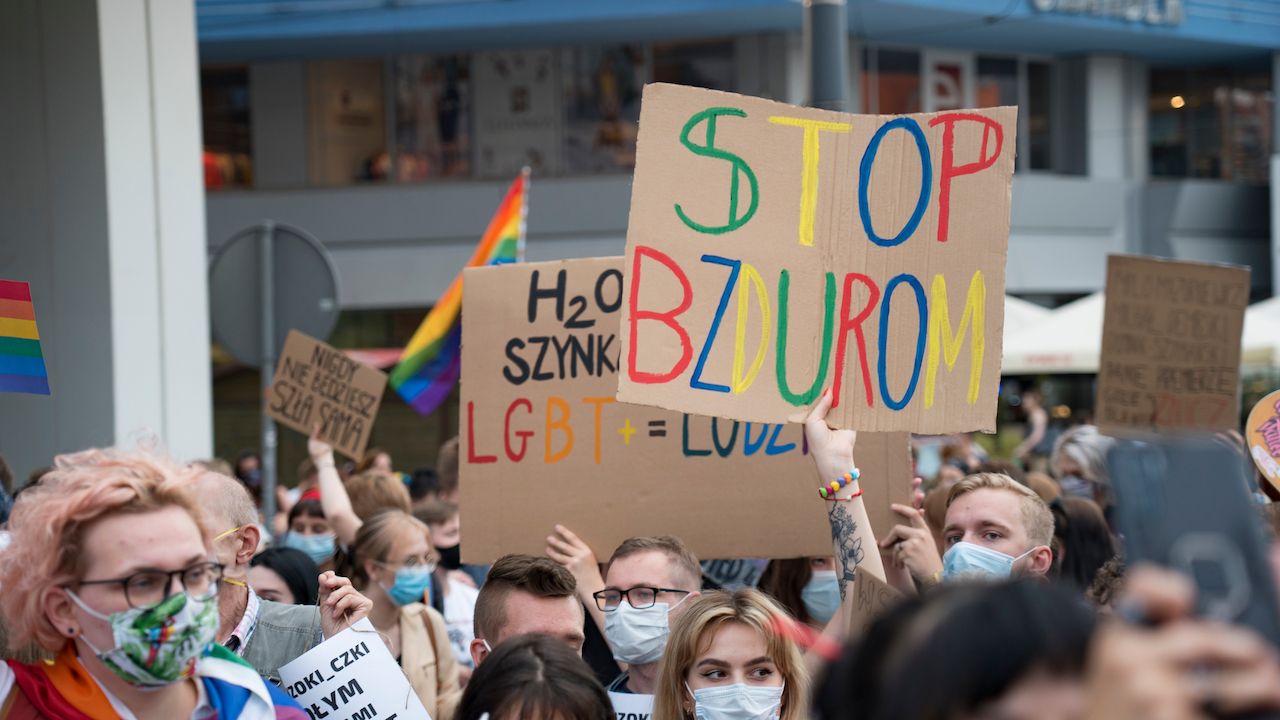There was a moment in 2020 when it seemed like the world stopped moving. Countries closed their borders. Cities issued stay-at-home orders. A Netflix documentary about Joe Exotic’s creepy kitten den became our only queer-travel escape, and we started living like his tigers: caged animals stuck under the thumb of a bleached-haired megalomaniac.
Remembering this moment, it’s easy to write off 2020 like Jake Tapper wrote off the first US presidential debate — as a “hot mess inside a dumpster fire inside a train wreck.” We lost queer heroes like AIDS activist Larry Kramer and trans travel writer Jan Morris. JK Rowling turned out to be a TERF (trans-exclusionary radical feminist). RuPaul couldn’t even manage to beat her mug for the Drag Race finale. But the world didn’t stop, Tiger King became a tired fad, and while most of the world made bread, the LGBTQ community made progress (…and also bread).



